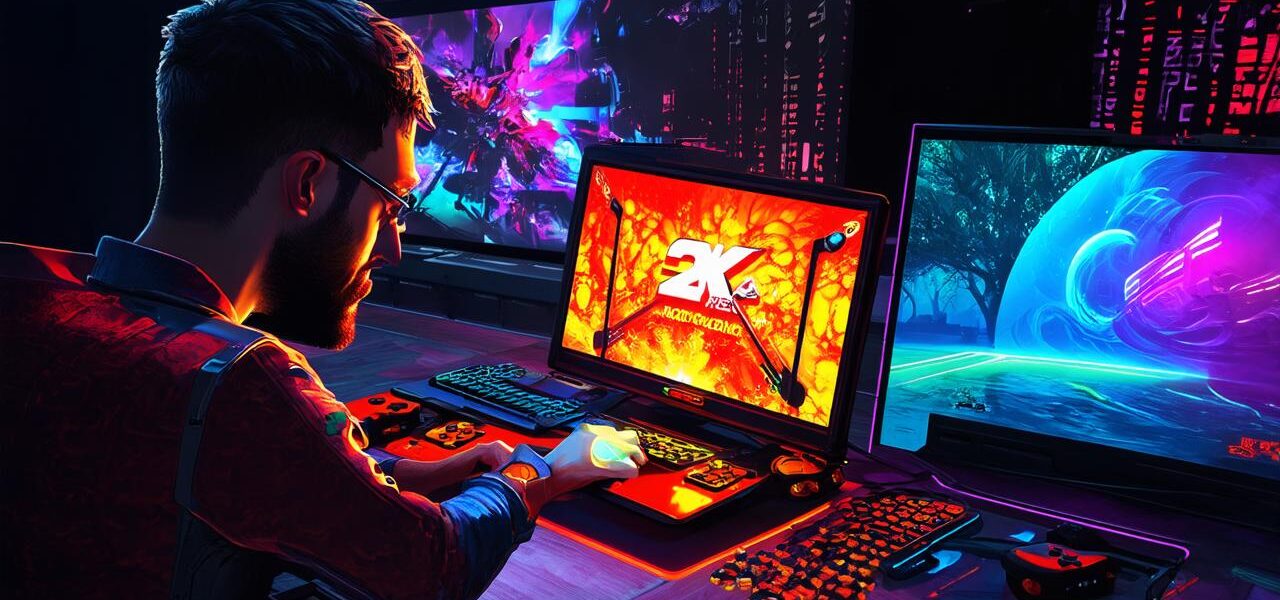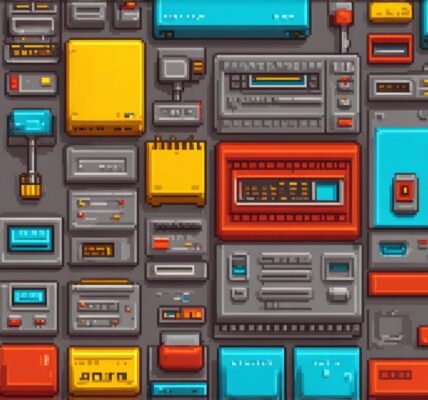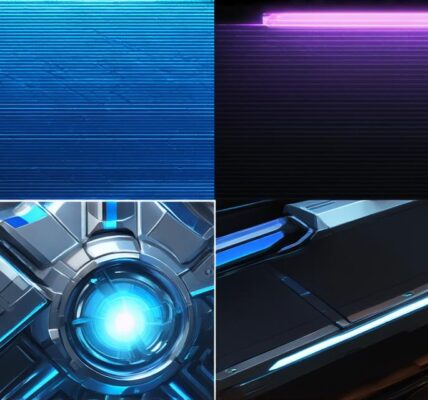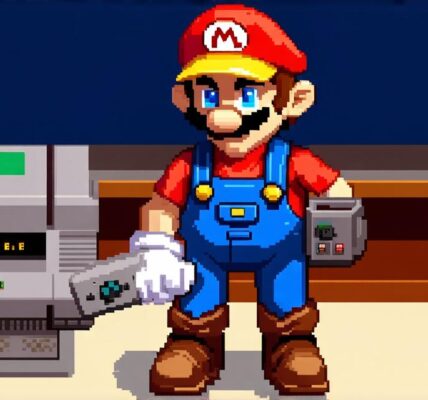Table of Contents
- Introduction
- Education and Skills
- Building Your Portfolio
- Networking and Marketing
- Landing Your Dream Job
- Summary
Introduction
If you’re passionate about creating immersive and engaging video games, becoming a game designer might be the perfect career for you. But with so many aspiring game designers out there, how do you stand out from the competition? In this comprehensive guide, we’ll explore everything you need to know to increase your chances of landing your dream job in the world of gaming.
Education and Skills
Before you can start designing games, you need to acquire the necessary knowledge and skills. There are two main types of degree programs that can help you become a game designer: Bachelor of Science (BS) in Game Design or Master of Fine Arts (MFA) in Interactive Narrative.
Bachelor of Science in Game Design
A Bachelor of Science in Game Design is a four-year program that covers the technical aspects of creating video games, including programming, art, and sound. This type of degree typically includes courses in game engines like Unity or Unreal Engine, game scripting, and game physics.
Master of Fine Arts in Interactive Narrative
A Master of Fine Arts in Interactive Narrative is a two-year program that focuses on the artistic side of game design. This type of degree covers storytelling, character development, and level design, as well as the use of game engines and scripting languages.
Skills Needed for Game Design
Aside from education, there are several key skills that you’ll need to succeed as a game designer:
- Creativity: The ability to think outside the box and come up with unique ideas is essential for game design.
- Problem-solving: Game designers must be able to solve complex problems related to game mechanics, storytelling, and level design.
- Communication skills: Good communication skills are crucial for working effectively with other members of the game development team.
- Technical skills: Game designers need to have a solid understanding of programming languages like C++ or Python, as well as experience with game engines like Unity or Unreal Engine.
- Attention to detail: Video games require a high level of attention to detail, so game designers must be meticulous in their work.
- Teamwork: Game development is a collaborative effort that requires effective teamwork skills.
- Adaptability: The gaming industry is constantly evolving, so game designers must be able to adapt to new technologies and trends.
- Passion for games: Finally, a passion for games is essential for becoming a successful game designer.
Building Your Portfolio
The next step in becoming a video game designer is to start building your portfolio. A portfolio showcases your skills and experience as a game designer, and can help you stand out from other applicants.
Creating Your First Game Prototype
Your first game prototype should be a simple but fun project that demonstrates your creativity and technical skills. It doesn’t need to be a fully-realized game – it could be a level design, a character model, or even just a concept art piece. The important thing is to showcase what you can do as a game designer.
Showcasing Your Work Online

Once you’ve created your first game prototype, you should showcase it online. There are several platforms where you can upload and share your work, including GitHub, ArtStation, and Itch.io. These platforms allow you to share your code, artwork, and other assets with potential employers and fans alike.
Networking and Marketing
In addition to building a portfolio, networking and marketing are essential for becoming a successful game designer. Here are some tips for getting started:
- Attending Industry Events: There are several industry events that you can attend as a game designer, including Game Developers Conference (GDC), E3 Expo, and PAX Prime. These events provide opportunities to meet other industry professionals, learn about the latest trends in game development, and showcase your work.
- Building a Professional Network: Networking is all about building relationships with others in the industry. You can do this by attending industry events, joining online forums and communities, and connecting with other professionals on LinkedIn or Twitter. Be sure to also follow other game designers and companies that interest you to stay up-to-date on the latest developments in the industry.
Landing Your Dream Job
Finally, landing your dream job as a game designer requires a combination of skill, hard work, and luck. Here are some tips for increasing your chances of success:
- The Job Search Process for Game Designers: The job search process for game designers can be long and difficult. You’ll need to submit your resume and cover letter to several companies before you land an interview. Be sure to tailor your application materials to each specific job posting, highlighting the skills and experience that are most relevant to the position.
- Writing a Standout Resume and Cover Letter: Your resume and cover letter are your first impression with potential employers. They should be well-written, professional, and tailored to the specific job you’re applying for. Be sure to include your portfolio link, as well as any relevant work experience or education.
- Preparing for the Interview: Once you’ve landed an interview, it’s important to be prepared. Research the company and game you’re interviewing for, and come up with questions to ask the interviewer. Dress professionally, arrive on time, and be confident in your abilities as a game designer.
Summary
Becoming a successful video game designer requires a combination of education, skills, creativity, and hard work. By building a portfolio, networking and marketing effectively, and preparing for interviews, you can increase your chances of landing your dream job in the gaming industry.




